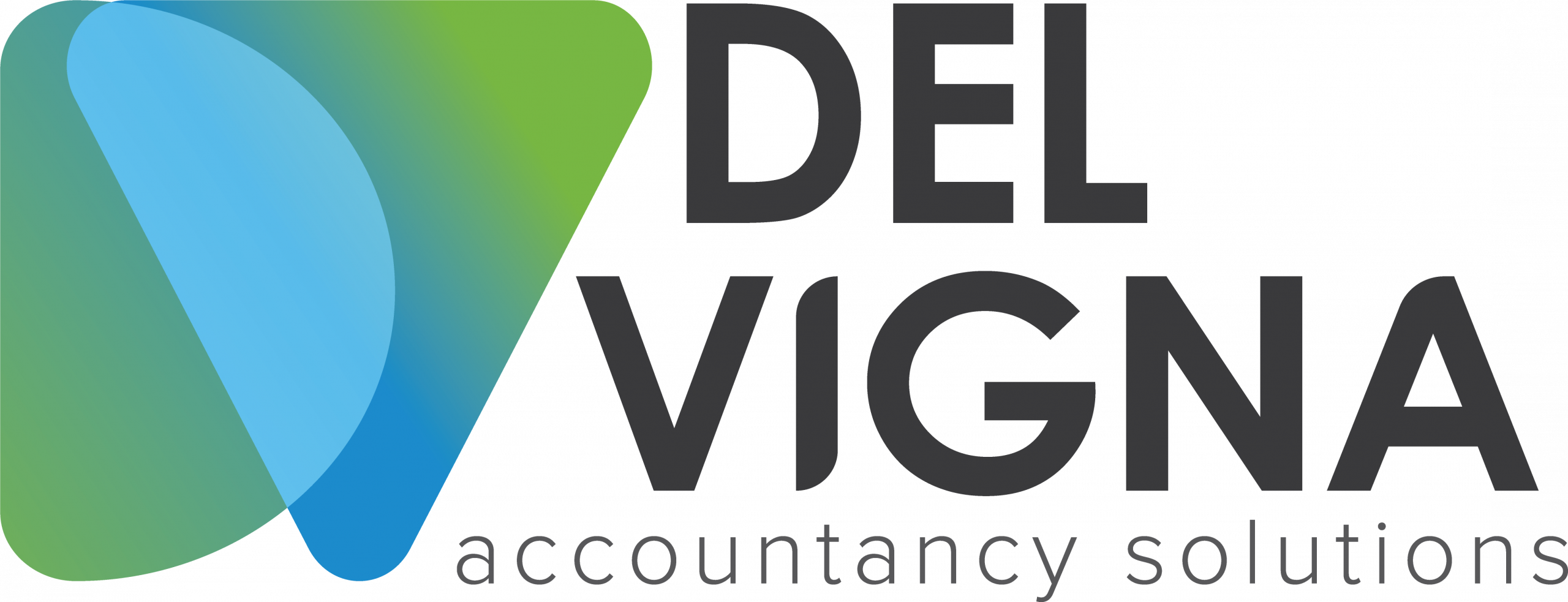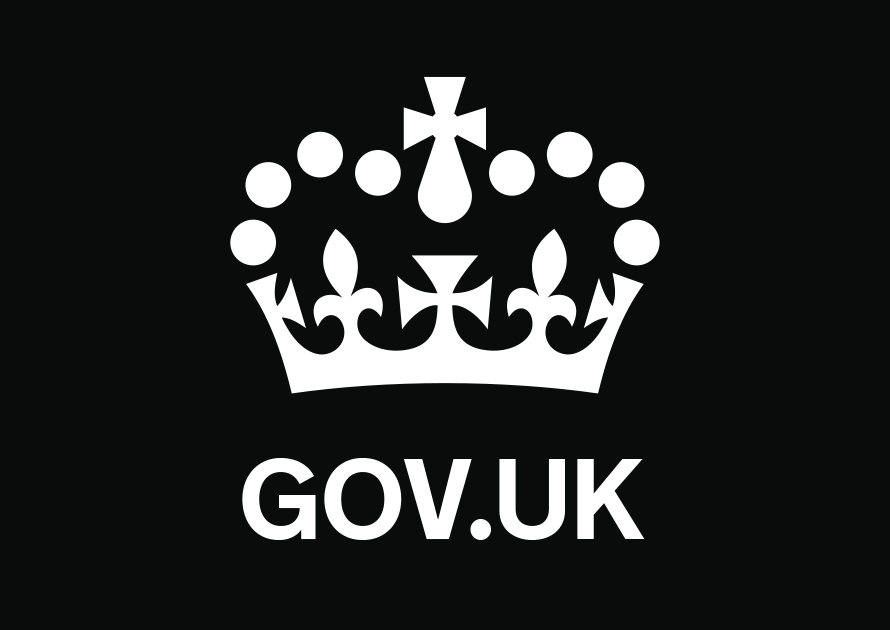Before you use simplified procedure values you must first have read Method 4 (deductive method).
The simplified procedure value scheme provides a customs value for certain whole fruit and vegetable produce. You can use these values where you do not have a transaction value for your imported goods and they meet the criteria for the scheme.
The simplified procedure values are worked out using the prices from actual sales in specified marketing centres in the UK. A variety of deductions are made from these prices to give an average sterling value for 100kg (net) for each product covered by the scheme.
Simplified procedure values in Northern Ireland
If you’re using the simplified procedure values in Northern Ireland, they are operated under the Union Customs Code (UCC) valuation rules. The list of commodities, periods of validity and values that you must use is different from the UK.
Check Annex 23-02 of Commission Implementing Regulation (EU) 2015/2447 for the lists of commodities and periods of validity that you should use.
You can find the values on the EU’s TARIC Consultation database.
When you cannot use the simplified procedure values scheme
You cannot use the simplified procedure values scheme if there’s a transaction value. You must try Method 1 (transaction value of the imported goods).
Some fruit and vegetables are excluded from the scheme. You cannot use simplified procedure values for fruit or vegetable products that have undergone a cut and dicing process before being imported. You must try one of the other methods for these products.
If a simplified procedure value rate is not available to use, you must use Method 4 to value goods imported on consignment.
When and how you can use the simplified procedure values scheme
You can only use the simplified procedure values scheme where all the following apply:
- the goods are whole fruit and vegetables
- there’s no transaction value for the goods
- the produce is of a single kind
- the goods are imported on a consignment basis
HMRC publishes a list of fruit and vegetables covered by the scheme along with their simplified procedure value rates.
The Fresh Produce Consortium is also told the values for the benefit of their members.
You must use the value that applies at the time your import entry is accepted by us.
These values can be used with Method 4 (deductive method).
Changing from using simplified procedure values to other methods
There are no restrictions on changing between using simplified procedure values and the other valuation methods for different consignments during a calendar year. Once you use simplified procedure values for particular goods, you cannot amend that entry to use one of the other valuation methods.
You may not enter goods against security pending a choice between using simplified procedure values or one of the other methods.
If there’s a transaction value, Method 1 must always be used.
Goods unfit for human consumption or that have to be destroyed
You can get a refund of duty on these goods if you can show that 5% or more of the consignment was unfit for human consumption (before entry into free circulation). Duty will be refunded on the part of the consignment which is unfit for human consumption. For advice on repayments, check guidance about refunds and waivers on customs debt.
Apportioning the simplified procedure value rate for damaged goods
The simplified procedure value rate will be apportioned if you can show that both of the following apply:
- the damage occurred before the goods entered into free circulation
- the value of the consignment has decreased by at least 20%
The customs value will be based on the apportioned simplified procedure value. This means, for example, if the value of the consignment has decreased by 40%, the customs value will be based on 60% of the simplified procedure value.
Evidence you need to provide
You must show by what percentage the goods were damaged or unfit for human consumption before they were released from our control.
This must be done by producing a statement from:
- the officer who examined the goods
- the Port Health Official
- an independent expert such as an insurance assessor or a surveyor who is acceptable to us
Before you use simplified procedure values you must first have read Method 4 (deductive method).
The simplified procedure value scheme provides a customs value for certain whole fruit and vegetable produce. You can use these values where you do not have a transaction value for your imported goods and they meet the criteria for the scheme.
The simplified procedure values are worked out using the prices from actual sales in specified marketing centres in the UK. A variety of deductions are made from these prices to give an average sterling value for 100kg (net) for each product covered by the scheme.
Simplified procedure values in Northern Ireland
If you’re using the simplified procedure values in Northern Ireland, they are operated under the Union Customs Code (UCC) valuation rules. The list of commodities, periods of validity and values that you must use is different from the UK.
Check Annex 23-02 of Commission Implementing Regulation (EU) 2015/2447 for the lists of commodities and periods of validity that you should use.
You can find the values on the EU’s TARIC Consultation database.
When you cannot use the simplified procedure values scheme
You cannot use the simplified procedure values scheme if there’s a transaction value. You must try Method 1 (transaction value of the imported goods).
Some fruit and vegetables are excluded from the scheme. You cannot use simplified procedure values for fruit or vegetable products that have undergone a cut and dicing process before being imported. You must try one of the other methods for these products.
If a simplified procedure value rate is not available to use, you must use Method 4 to value goods imported on consignment.
When and how you can use the simplified procedure values scheme
You can only use the simplified procedure values scheme where all the following apply:
- the goods are whole fruit and vegetables
- there’s no transaction value for the goods
- the produce is of a single kind
- the goods are imported on a consignment basis
HMRC publishes a list of fruit and vegetables covered by the scheme along with their simplified procedure value rates.
The Fresh Produce Consortium is also told the values for the benefit of their members.
You must use the value that applies at the time your import entry is accepted by us.
These values can be used with Method 4 (deductive method).
Changing from using simplified procedure values to other methods
There are no restrictions on changing between using simplified procedure values and the other valuation methods for different consignments during a calendar year. Once you use simplified procedure values for particular goods, you cannot amend that entry to use one of the other valuation methods.
You may not enter goods against security pending a choice between using simplified procedure values or one of the other methods.
If there’s a transaction value, Method 1 must always be used.
Goods unfit for human consumption or that have to be destroyed
You can get a refund of duty on these goods if you can show that 5% or more of the consignment was unfit for human consumption (before entry into free circulation). Duty will be refunded on the part of the consignment which is unfit for human consumption. For advice on repayments, check guidance about refunds and waivers on customs debt.
Apportioning the simplified procedure value rate for damaged goods
The simplified procedure value rate will be apportioned if you can show that both of the following apply:
- the damage occurred before the goods entered into free circulation
- the value of the consignment has decreased by at least 20%
The customs value will be based on the apportioned simplified procedure value. This means, for example, if the value of the consignment has decreased by 40%, the customs value will be based on 60% of the simplified procedure value.
Evidence you need to provide
You must show by what percentage the goods were damaged or unfit for human consumption before they were released from our control.
This must be done by producing a statement from:
- the officer who examined the goods
- the Port Health Official
- an independent expert such as an insurance assessor or a surveyor who is acceptable to us



